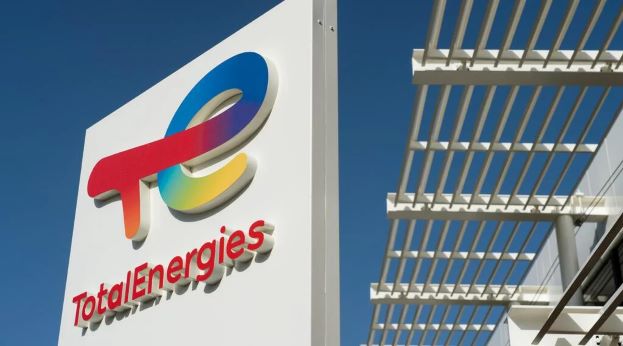Bloomberg
The boss of the world’s biggest oil-services company says his industry isn’t moving fast enough to do its part in the fight against global warming.
SLB Chief Executive Officer Olivier Le Peuch said he and his peers have a responsibility to find ways to reduce greenhouse gas emissions from drilling, fracking and pumping. Yet progress during the past two years has lagged, he said during an interview at the BloombergNEF Barrel of Tomorrow forum in Houston.
“It’s not as steady, as strong, as I would have hoped to see,” Le Peuch said.
To be clear, Le Peuch wasn’t talking about pollution from oil and natural gas once they’re burned by cars, power plants and the petrochemicals industry. Those so-called Scope 3 emissions remain deeply contentious in the fossil-fuel business, with most major energy companies opposing their inclusion in net zero targets.
Rather, he was referring to greenhouse gases created by his own firm’s practices. Still, it’s noteworthy when the head of one of the biggest fossil companies criticizes his industry’s efforts to slow climate change.

SLB has plenty on the line. Barring a change in operations or business mix, the company stands to lose nearly 60% of revenue by 2040 if governments and market forces succeed in limiting the rise in average global temperatures to within 1.75C, according to a BNEF analysis.
Le Peuch’s comments come less than two years after SLB changed its name from Schlumberger Ltd. in an effort to rebrand as an energy technology company and distance itself from 100-year roots as an oil-and-gas driller. Yet nearly all revenue still comes from fossil fuels.
The CEO did argue that the industry is making some effort. For instance, companies are pushing hard to cut methane emissions. But there’s room for more collaboration to move faster, he said.
“Some of it comes from the realization of measuring what you cannot see: you can see an accident, you cannot see methane,” Le Peuch said. “We are in the early stage, and we are not necessarily adopting this as a mainstream position as an industry.”
The sector, he said, should push to reduce pollution as zealously as it worked to protect employees.
“We have defined and owned the safety position of our industry and defined what safety can look like,” Le Peuch said. “I don’t think we have achieved the same thing for decarbonization.”
–David Wethe, Bloomberg News
Share This:




